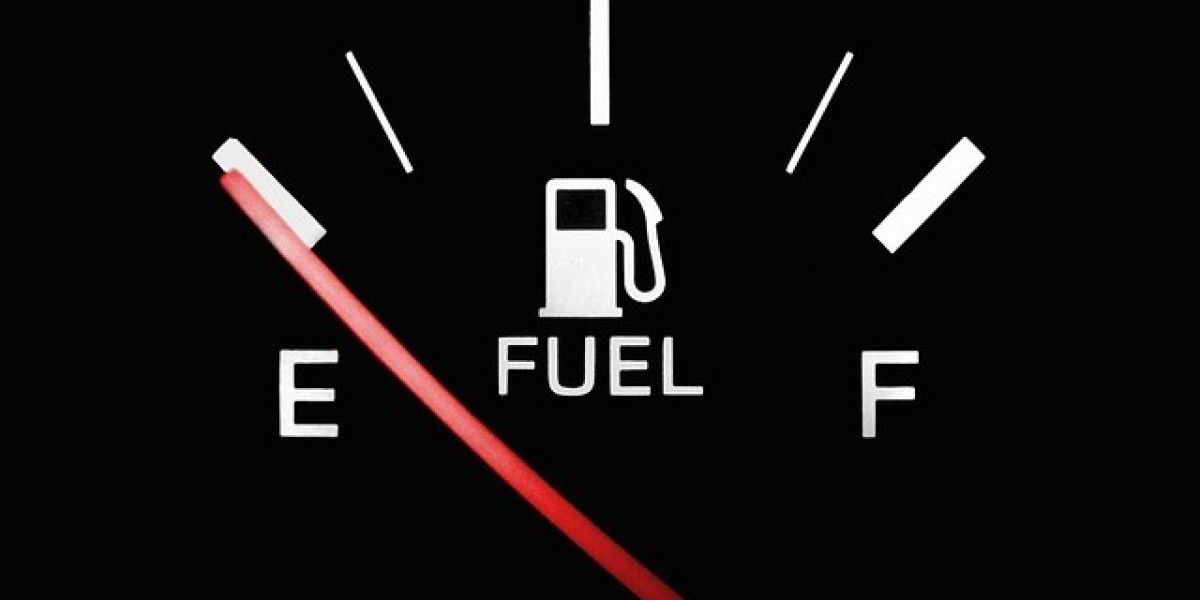Turbochargers are a very common performance upgrade that many people get for their vehicles, and there is definitely a connection between turbochargers and fuel efficiency. Turbos are designed to improve the performance of internal combustion engines by compressing the air that enters the engine, allowing more oxygen to be used during combustion. Here is how this process relates to fuel efficiency:
1. Increased Power from Smaller Engines: Turbo accessories like blow off valves allow smaller engines to generate power similar to larger, naturally aspirated engines. This "downsizing" means the engine can be lighter and more compact, reducing weight and frictional losses, which typically leads to better fuel economy. For example, a 4-cylinder engine with a turbo can produce the power of a 6-cylinder engine while consuming less fuel.
2. More Efficient Air-Fuel Mixture: By forcing more air into the engine, turbochargers help the engine achieve a better air-fuel mixture. This results in more complete combustion of the fuel, which can improve efficiency and reduce fuel waste.
3. Improved Performance at Lower RPMs: Turbocharged engines can deliver more torque at lower RPMs, meaning the driver does not need to rev the engine as high to achieve the desired performance. This can lead to better fuel efficiency in everyday driving conditions, especially at cruising speeds.
4. Potential for Better Fuel Economy Under Light Load: When the engine is under light load, turbochargers can reduce fuel consumption by not engaging as much boost. In this way, the vehicle operates more efficiently under normal driving conditions, with the turbo only providing extra power when needed, such as during acceleration or uphill driving.
However, it is worth noting that driving behaviour plays a role. Aggressive driving that frequently engages the turbocharger can reduce the potential fuel savings, as more fuel is required to meet the demand for increased power.
What are some myths and their truths about fuel efficiency of a turbocharged car?
There are several common myths surrounding the fuel efficiency of turbocharged cars, and understanding the truths behind them can help clarify how turbocharging really affects fuel economy. Let’s break down some of the myths and the realities:
· Myth 1: Turbocharged Engines Are Always Less Fuel Efficient
Truth: Turbocharged engines can actually be more fuel-efficient, especially when the engine is downsized. Manufacturers often use smaller engines with turbochargers to produce the same power as larger, naturally aspirated engines. This downsizing can reduce fuel consumption during normal driving because the smaller engine requires less fuel overall. However, frequent hard acceleration, which engages the turbo more often, can lead to higher fuel consumption.
· Myth 2: Turbochargers Only Improve Performance, Not Efficiency
Truth: While turbochargers are known for boosting performance, they also help improve efficiency by maximising the engine's output from a smaller displacement. By compressing the intake air, more power is generated from a smaller engine, reducing the need for larger, fuel-thirsty engines. Under lighter loads, turbocharged engines can deliver better fuel economy, especially during highway driving or in stop-and-go traffic.
· Myth 3: Driving a Turbocharged Car Conservatively Has No Impact on Fuel Economy
Truth: Driving behaviour has a significant impact on fuel efficiency in a turbocharged car. If you drive conservatively, staying out of the turbo's higher boost range, you can experience excellent fuel efficiency because the engine does not work as hard. However, heavy acceleration or aggressive driving, which engages the turbo more often, will increase fuel consumption.
· Myth 4: All Turbocharged Cars Are Fuel Guzzlers at High Speeds
Truth: Turbocharged engines can be more fuel-efficient at higher speeds, especially on highways, where the engine can operate at a lower RPM with increased torque. Turbocharged cars often have higher low-end torque, allowing them to cruise at lower engine speeds, which can improve highway fuel economy. However, constantly pushing the turbo at maximum boost, like during aggressive high-speed driving, will consume more fuel.
· Myth 5: Turbo Lag Reduces Fuel Efficiency
Truth: While turbo lag (the delay in power delivery before the turbo spools up) can affect performance, it does not necessarily reduce fuel efficiency. Modern turbochargers have improved significantly in reducing turbo lag through the use of twin-scroll or variable geometry turbos. Even with some lag, the smaller engine size often means the car is still consuming less fuel overall compared to a larger naturally aspirated engine.
· Myth 6: More Power from a Turbo Means More Fuel Consumption
Truth: The key point here is efficiency—turbochargers extract more power from the same amount of fuel. A turbocharged engine generates more power using the same or less fuel, thanks to the increased air pressure. Under normal driving conditions, this can mean better fuel efficiency. However, if the turbo is constantly used for high-performance driving, more fuel will be burned to deliver that extra power.
· Myth 7: Turbocharged Cars Require Premium Fuel, and That Lowers Efficiency
Truth: Not all turbocharged cars require premium fuel. While some high-performance turbocharged engines are optimised for higher-octane fuel to prevent knocking (pre-detonation), many modern turbocharged engines are designed to run efficiently on regular gasoline. Always check the manufacturer’s recommendation, but using regular fuel in a car designed for it won’t necessarily hurt fuel efficiency.
· Myth 8: Turbochargers Overheat and Hurt Engine Efficiency
Truth: While turbochargers do generate more heat due to compressing air, modern engines are designed with advanced cooling systems to manage this heat effectively. If properly maintained, a turbocharger will not cause overheating or reduced efficiency. In fact, by maximising combustion efficiency, it can improve both performance and fuel economy.
Turbochargers, when used correctly, can improve both power and fuel efficiency by making the engine work more efficiently, especially in downsized engines. However, fuel economy depends on driving habits, proper maintenance, and how often the turbo is engaged. Misconceptions about turbocharging often stem from misunderstanding how they work in real-world conditions.








